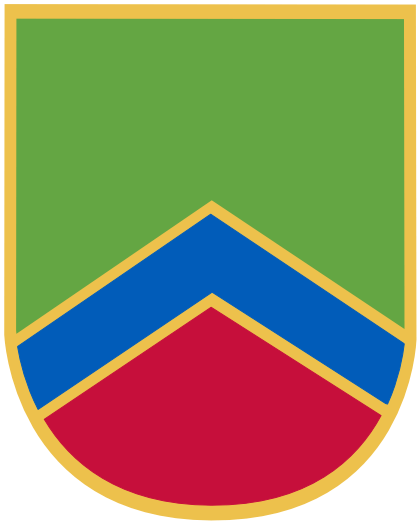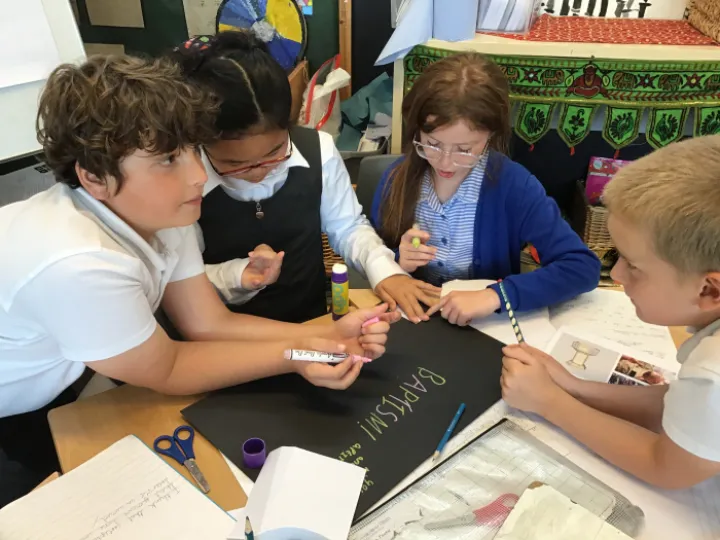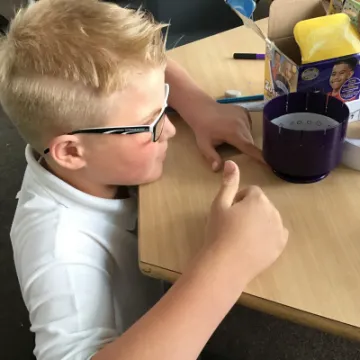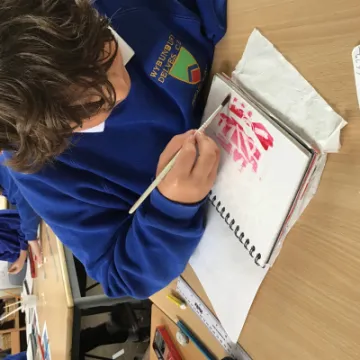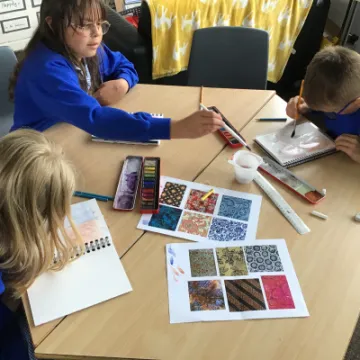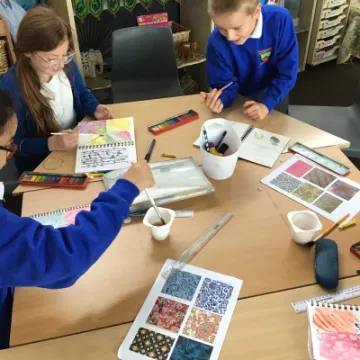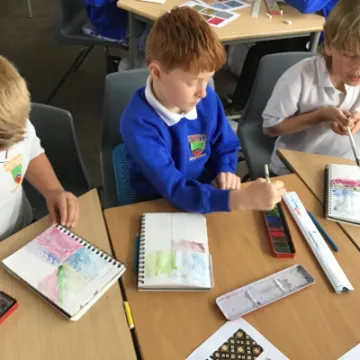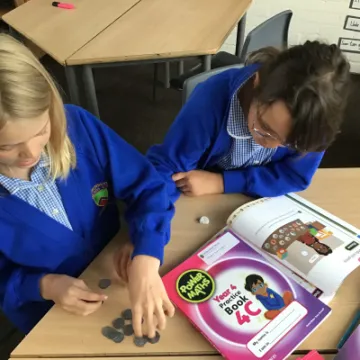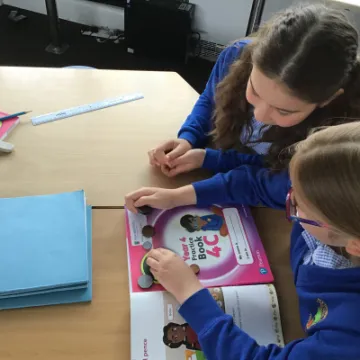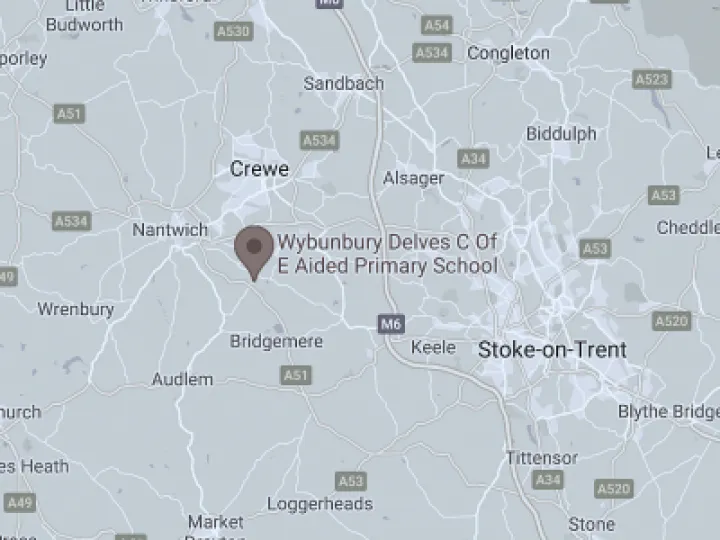Year 4 News 10.06.22
Our new text in English inspired us to complete a quest of our very own. In the Forest school area, we had four tasks to complete before revealing the first glimpse of the text. It was great to see you working in teams to create volcanoes, white elephants, noisy caverns and dark tunnels. This practical experience enabled us to think about what a real quest is like. Prior to this, we wrote our own version of a quest. It was lovely to read such a range of story ideas. Later on in our week, we considered the question: If you could go anywhere in the world, where would it be? The children also continued to learn the text and created character puppets to retell the story.
In Maths we have enjoyed applying our knowledge of decimals to a variety of money lessons. We explore the value of each digit in a price, and used these skills to order a variety of prices. We used place value chats and what we already know about fractions to work out why £4.3 is not an accurate way to write a price. We then moved to to learn about the importance of rounding and how this can be done. We used number lines to consolidate this knowledge as we did when rounding decimals. We also used rounding to estimate the value of money. We discussed how this is an important concept for real-life.
Our first task in Geography was to draw and annotate a drawing of a river. We then went on to answer the question, where does all the rain go? We drew upon our knowledge of the water cycle, and ventured outside with watering cans full of water. We used the water to simulate rain falling on different surfaces and observed what happened. We continued to extend our knowledge and understanding of mountains in Geography this week. This time, we learnt all about Snowdon. Did you know that it is an extinct volcano?
In RE, we recapped our prior learning about the Hindu faith to remember the three gods that make up the Trimurti. We then explored an unknown symbol by revealing it little by little as a drawing. Once we revealed it, one member of the class knew that it was the Aum symbol. We created a fact file of why the Aum symbol is important in the lives of Hindu families.
In our second RE lesson this week, we completed our unit on the Holy Spirit. We looked at the promises made in both an infant baptism and an adult baptism. We also recapped the similarities and differences in these celebrations. In our lesson, to show our understanding of baptism and the Holy Spirit, we created display boards in team to represent everything that we had learnt.
In our Computing lessons this week, we continued to learn about animations. This week's focus was on the use of flip animations. Using the app, flip anime, we created frames of animations, which when played together, created a moving image. The children were given time to create their own and then share these with the rest of the class using our air server app.
This week we continued to learn more words for Food in French. We watched a French video about children creating and making their own pictures. Using the words we heard, we discussed the different pizza toppings in French. The children then designed their own pizzas through a drawing. Next week, we will label these with our French words.
In our Art lessons this week, we learnt about wax resists. The children were shown how to use white wax crayons to create a resist (somewhere where paint/ink would not soak in to the paper or surface you were using). The children experimented with different wax resist shapes. We then used watercolours to test out our resist. The children were then introduced to the process of Batik.
This week, Year 4 also took part in the statutory Multiplication Check. The children worked fantastically hard and I am very proud of each and everyone of them.
Spag.com homework has been set for the class this week.
Miss Welch and Mrs Pointon
Quick Links
Contact Us
office@wybunburydelves.co.uk
01270 841302
Wybunbury Delves
Bridge Street
Wybunbury
Nantwich
CW5 7NE
